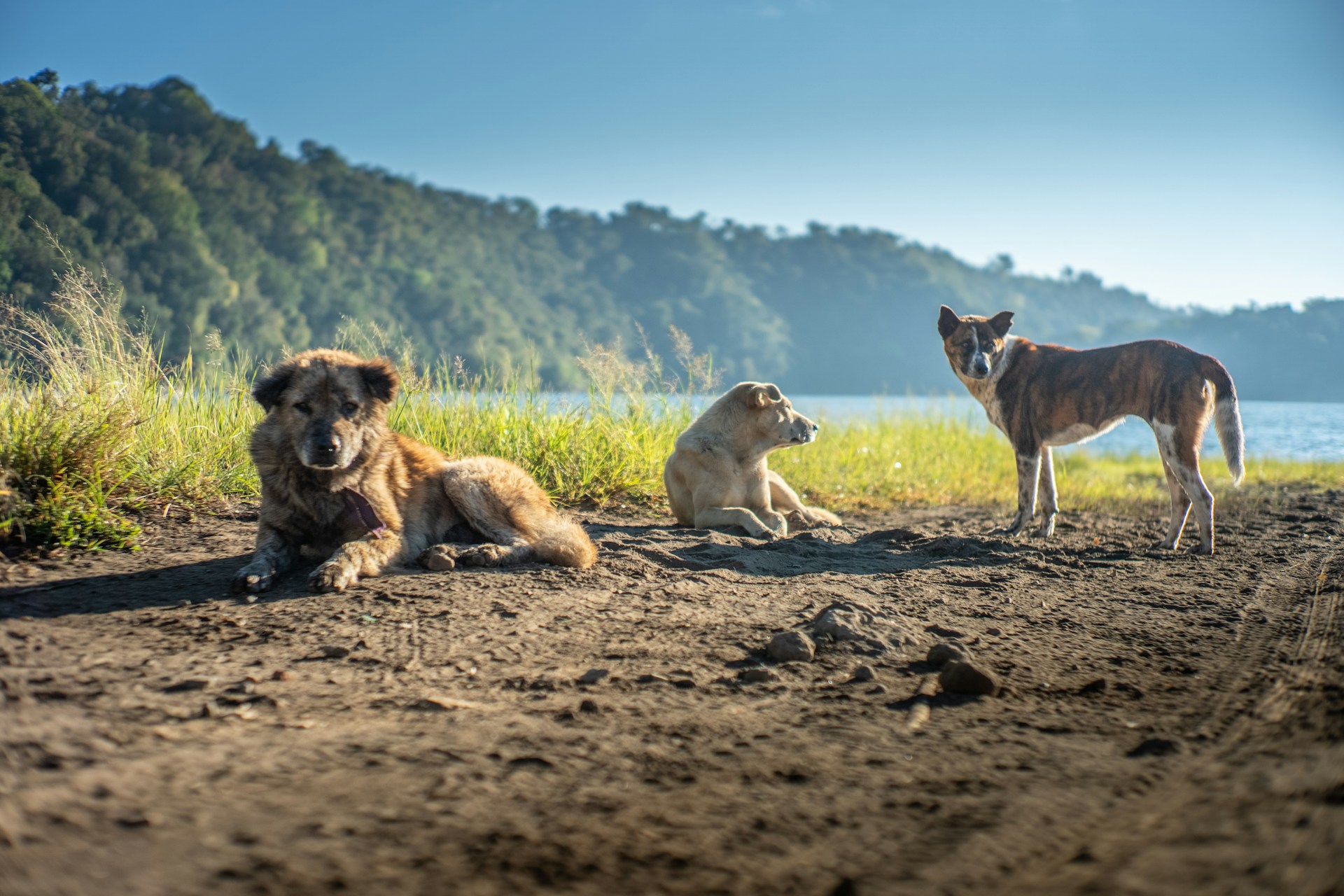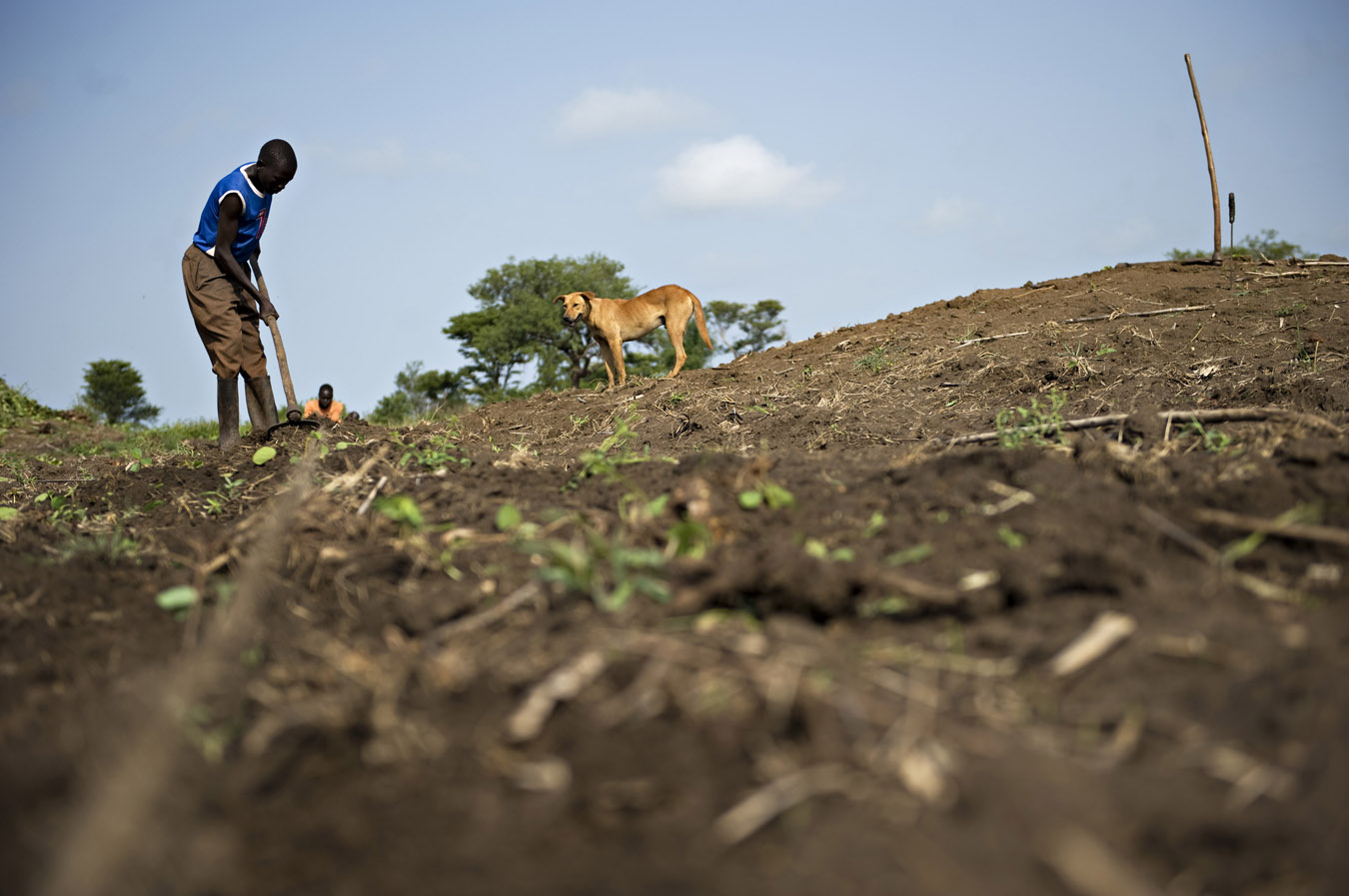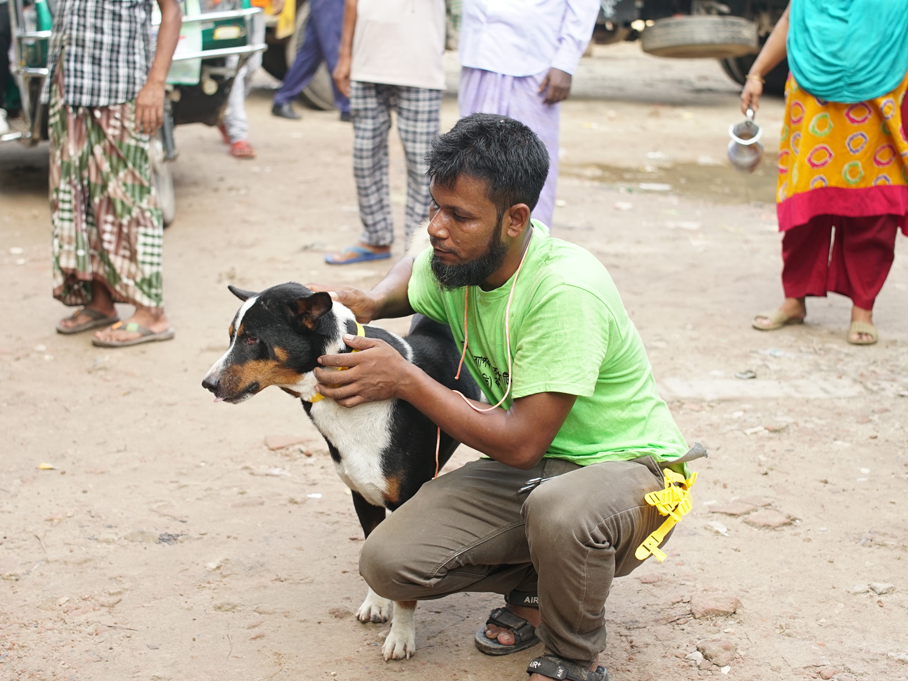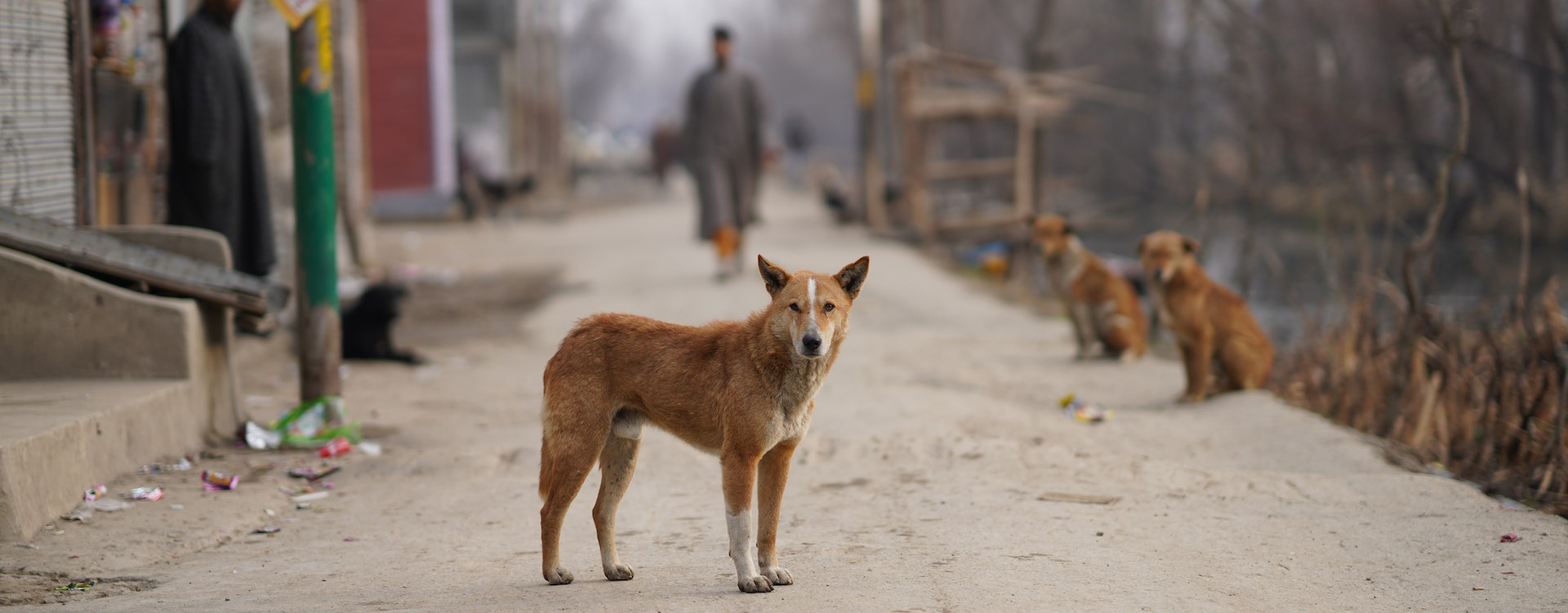Looking back to move forward: reducing human rabies cases in Bali through effective dog vaccination campaigns
Bali is an island province in Indonesia, known for its rich cultural heritage, stunning natural landscapes and vibrant tourism industry. Dogs on Bali have traditionally lived freely, roaming streets and villages without restriction. They have coexisted with Balinese people, who have welcomed, tolerated and integrated them into daily life. In 2008, Bali experienced its first recorded human rabies fatality, unsettling the amicable human-dog coexistence, marking the beginning of a significant rabies outbreak and an endemic lasting to this day.
Lessons from the initial rabies response
Initially, control efforts were hindered by ineffective strategies such as dog culling. Although temporarily reducing the dog population, culling did little to control rabies and inadvertently led to greater spread of the disease. Mass dog vaccination is the recommended strategy for the control of rabies in dog populations, and subsequently in human populations. The initial vaccines used could only offer a short-lived immunity, requiring a booster after three months for adequate immunity, and with over 90 percent of dogs free roaming, many owners struggled to bring their pets to government vaccination stations. The combination of these factors resulted in only low and short-lived vaccination coverage and, by the middle of 2010, rabies had spread throughout the entire island.

Recognizing the value of free-roaming dogs
A paradigm shift occurred when the true value of free-roaming dogs in the rabies control strategy was recognized. Rather than being viewed as a threat and eliminated, these dogs became key players in the island's rabies control efforts. Free-roaming dogs were identified as critical in breaking the transmission chain of rabies. Being highly social and moving throughout communities, once vaccinated, these dogs served as mobile barriers against the virus, effectively protecting entire villages by creating a herd immunity buffer. This insight shifted the focus from culling to widespread vaccination, particularly targeting free-roaming dogs.
The FAO Emergency Centre for Transboundary Animal Diseases (ECTAD) programme played a pivotal role in developing and scaling-up effective methods to vaccinate dogs. The provincial government of Bali successfully implemented door-to-door vaccination campaigns and utilized trained teams equipped with nets who carried out mobile sweeping vaccination. These teams, known as the “A-Teams”, uses techniques developed by Bali Animal Welfare Association (BAWA) and the principle of “fast, silent, teamwork’. They were able to reach even the most inaccessible dogs. These methods, coupled with the use of a high-quality, three-year vaccine, ensured that a significant portion of the dog population was immunized, achieving the necessary vaccination coverage to lower the reproductive number (R) of rabies below 1.
Changing tactics, Integrated Bite Case Management
The vaccination campaigns were supported by comprehensive surveillance efforts through design of the Integrated Bite Case Management (IBCM) protocol. Utilizing this One Health approach, veterinary services, through correspondence with human health services, rapidly responded to reports of bite cases, quickly euthanising rabid dogs, and vaccinating animal bite victims. IBCM not only reduced human rabies cases but also protected the dog population by allowing vaccinated dogs to continue living and providing ongoing community protection.
Plummeting rabies cases
As dog vaccinations increased and rabies cases in dogs declined, human rabies cases plummeted. By 2013, human cases had dropped to a fraction of their peak levels, demonstrating the effectiveness of the One Health approach centred on vaccinating free-roaming dogs.
Bali’s success in the 2010s highlights the importance of gaining a better understanding of the role and behaviour of free-roaming dogs in rabies control, as by doing so human lives were saved. Recognizing these dogs as allies rather than threats, Bali has made significant progress towards eliminating rabies. The island’s experience serves as a powerful example for other regions facing similar challenges, highlighting the critical role of strategic dog vaccination in controlling and eventually eradicating rabies. As we look ahead, working towards a rabies free future, let’s not forget to reflect on and learn from achievements of the past.
Find out more

In depth
One Health approach to rabies
FAO supports member countries in their efforts to prevent and control rabies through a One Health approach.

Case studies
Rabies prevention and control case studies
Examples of FAO’s activities to support member countries in Africa, Asia and the Middle East to tackle the risk of rabies through a One Health approach.

Event
World Rabies Day
World Rabies Day is an annual observance held on 28 September to raise awareness about rabies and its prevention.
